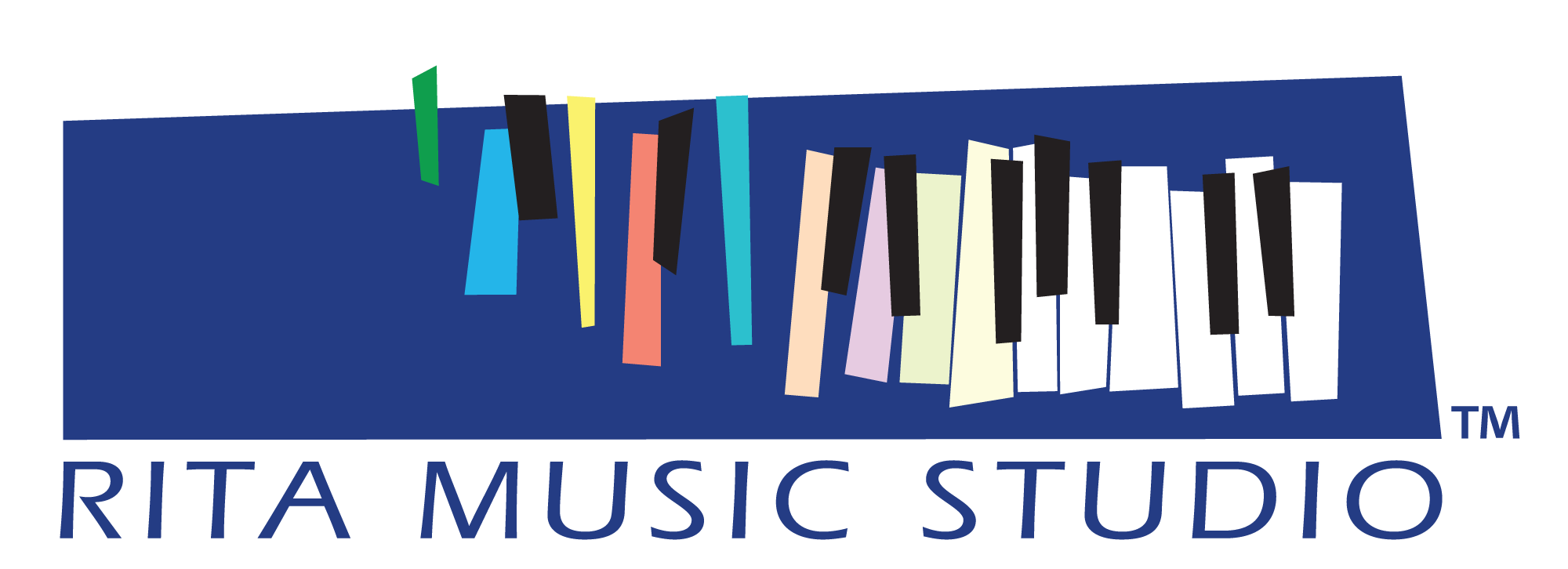Music students have higher academic exam scores than their non-musical peers.
Students who participate in music-related activities between grades 7-12 achieve significantly higher scores on science, math, and English exams in high school than non-musical classmates, according to a new large-scale study. This research by Peter Gouzouasis and colleagues at the University of British Columbia (UBC) involved a cohort of 112,916 public school students in Canada. These findings (Guhn et al., 2019) were published on June 24 in the Journal of Educational Psychology.

“Students who learned to play a musical instrument in elementary and continued playing in high school not only score significantly higher but were about one academic year ahead of their non-music peers with regard to their English, mathematics and science skills,” Gouzouasis said in a statement. These exam-based statistics were consistent across the board, regardless of socioeconomic background, gender, ethnicity, or prior learning in science, math, and English.
The authors sum up the educational significance of these findings in their impact statement:
“This large-scale study identified evidence of positive relationships between school music participation and high school exam scores in English, mathematics, and science. The findings suggest that multiyear engagement in music, especially instrumental music, may benefit high school academic achievement. In light of this study (the largest of its kind to date), as well as supporting evidence suggesting music learning in childhood may foster competencies (e.g., executive functioning) that support academic achievement, educators may consider the potential positive influence of school music on students’ high school achievement.”
Interestingly, the researchers found that the correlation between music education and better academic achievement was most significant for students who practiced instrumental music. According to the authors, these findings suggest that the skill set required to master playing a musical instrument transfers to other types of academic learning in high school.
“Learning to play a musical instrument and playing in an ensemble is very demanding,” the study’s co-investigator Martin Guhn stated. “A student has to learn to read music notation, develop eye-hand-mind coordination, develop keen listening skills, develop team skills for playing in an ensemble, and develop discipline to practice. All those learning experiences, and more, play a role in enhancing the learner’s cognitive capacities, executive functions, motivation to learn in school, and self-efficacy.” Guhn is an assistant professor in UBC’s school of population and public health and Human Early Learning Partnership (HELP).
All too often, when policymakers and school administrators need to cut budgets, the knee-jerk reaction is to put arts and music-related courses on the chopping block. The researchers hope this large-scale study will put the spotlight on the value of music-related activities at a time when many school districts are laser-focused on improving numeracy/literacy and putting so-called “non-academic” areas of learning on the back burner.
“Often, resources for music education—including the hiring of trained, specialized music educators, and band and stringed instruments—are cut or not available in elementary and secondary schools so that they could focus on math, science, and English,” Gouzouasis emphasized. “The irony is that music education—multiple years of high-quality instrumental learning and playing in a band or orchestra or singing in a choir at an advanced level—can be the very thing that improves all-around academic achievement and an ideal way to have students learn more holistically in schools.”
The latest findings on the academic benefits of music participation from Gouzouasis and colleagues add to a growing body of evidence that under-funded school programs relating to arts-integrated pedagogy (Hardiman et al., 2019), experiences with nature (Kuo et al., 2019), and access to robust physical activity/outdoor play (Esteban-Cornejo et al., 2017) may improve focus, motivation, and academic performance for K-12 students.
References
Martin Guhn, Scott D. Emerson, Peter Gouzouasis. “Population-Level Analysis of Associations Between School Music Participation and Academic Achievement.” Journal of Educational Psychology (First published: June 24, 2019) DOI: 10.1037/edu0000376
Original Article: https://www.psychologytoday.com/us/blog/the-athletes-way/201906/music-participation-is-linked-teens-academic-achievement

 ⭐⭐⭐⭐⭐ I’ve enjoyed taking group piano lessons with Rita for over 7+years! Not only is she classically trained, she is a fantastic & patient teacher. She is warm in spirit & makes each class fun & unique! We haven’t missed a beat since taking our classes online. Classes are still enjoyable, challenging & we still have our same group energy, our piano family!
⭐⭐⭐⭐⭐ I’ve enjoyed taking group piano lessons with Rita for over 7+years! Not only is she classically trained, she is a fantastic & patient teacher. She is warm in spirit & makes each class fun & unique! We haven’t missed a beat since taking our classes online. Classes are still enjoyable, challenging & we still have our same group energy, our piano family! ⭐⭐⭐⭐⭐ This is one of the best things I’ve ever done for myself. I wanted to play piano for years and tried some self-learning materials without success. This class is exactly what I needed. It’s a very relaxed, no stress experience. You’re given the basics and you slowly, step by step, build from there. I am amazed at how much I’ve learned in so short a time. Thank you Rita!
⭐⭐⭐⭐⭐ This is one of the best things I’ve ever done for myself. I wanted to play piano for years and tried some self-learning materials without success. This class is exactly what I needed. It’s a very relaxed, no stress experience. You’re given the basics and you slowly, step by step, build from there. I am amazed at how much I’ve learned in so short a time. Thank you Rita! ⭐⭐⭐⭐⭐ I have 2 girls playing piano for 10 years. We have been with Rita for the last 2 years and she has been by far the best piano instructor that we have had. They learn sigh reading, theory, and leaned about music genres. She is passionate, witty, smart, and so caring about her students. We are so lucky to have her.
⭐⭐⭐⭐⭐ I have 2 girls playing piano for 10 years. We have been with Rita for the last 2 years and she has been by far the best piano instructor that we have had. They learn sigh reading, theory, and leaned about music genres. She is passionate, witty, smart, and so caring about her students. We are so lucky to have her. ⭐⭐⭐⭐⭐ Rita is an experienced and enthusiastic teacher who not only cares about how your child does with piano, but is a champion for your child’s success in life.
⭐⭐⭐⭐⭐ Rita is an experienced and enthusiastic teacher who not only cares about how your child does with piano, but is a champion for your child’s success in life. ⭐⭐⭐⭐⭐ My daughter studied piano with Rita from K to 12. Even when she was very little (so little that she couldn’t reach the pedals yet), Rita taught her that playing the piano is more than just moving fingers to hit the right notes. When a child learns a new piece, Rita asks, “What kind of picture do you see? What colors? What do you feel when you play this part?” This helps the child fully explore the music and make it their own. No two students of Rita’s sound the same even when they play the same piece, and I always enjoyed listening to these different interpretations. Rita approaches every lesson with patience and passion. I wish I had a piano teacher like Rita when I was a child!
⭐⭐⭐⭐⭐ My daughter studied piano with Rita from K to 12. Even when she was very little (so little that she couldn’t reach the pedals yet), Rita taught her that playing the piano is more than just moving fingers to hit the right notes. When a child learns a new piece, Rita asks, “What kind of picture do you see? What colors? What do you feel when you play this part?” This helps the child fully explore the music and make it their own. No two students of Rita’s sound the same even when they play the same piece, and I always enjoyed listening to these different interpretations. Rita approaches every lesson with patience and passion. I wish I had a piano teacher like Rita when I was a child!